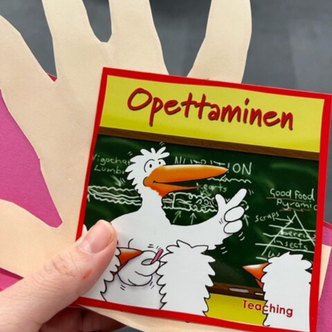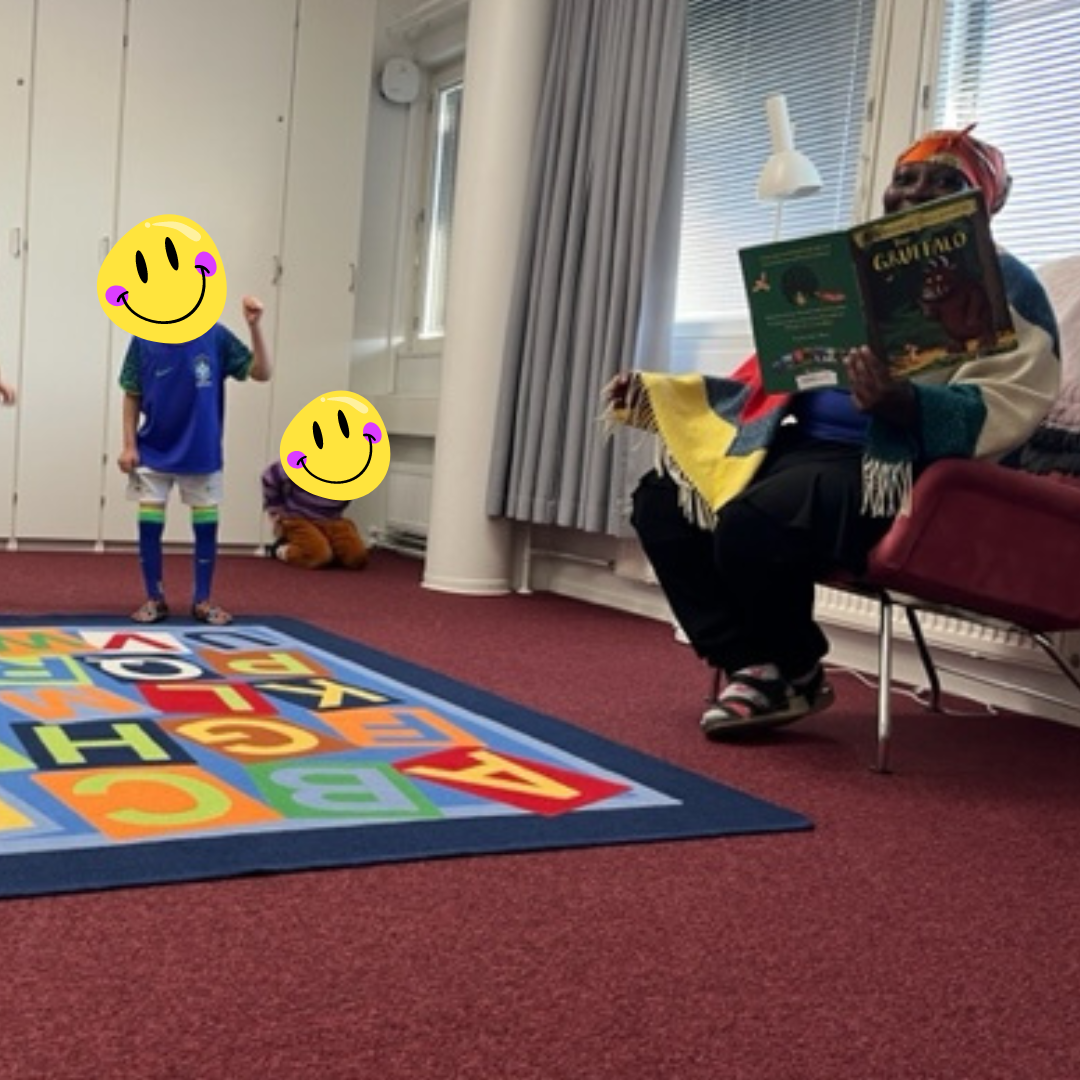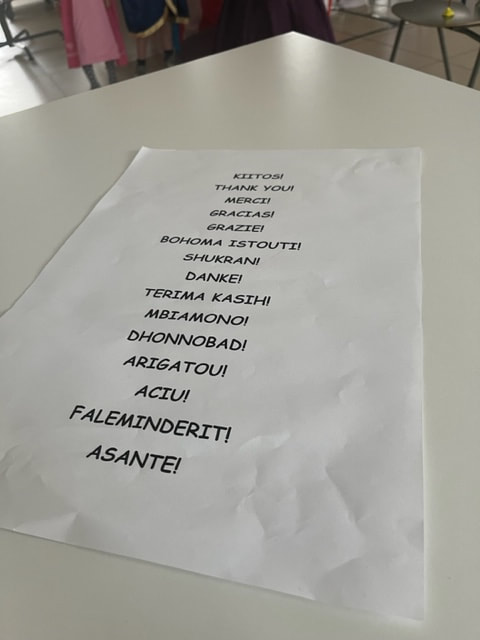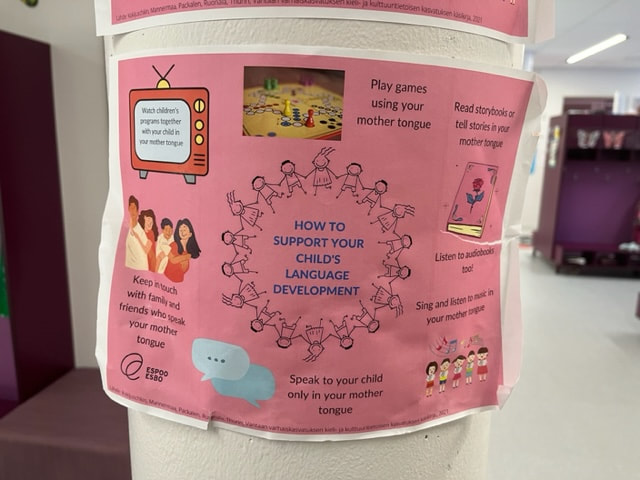Story#10Prior to moving to Finland, Susan worked in Denmark as volunteer with children, on a cultural exchange program. Having worked with children, she decided to further her studies /seek work opportunities as well. Out of the Scandinavian and Nordic countries that Susan applied to; Finland came through with the opportunity to achieve both. Susan faced challenges in adapting to a new culture. However, she had some prior insight as to what life in Europe entails. However, still being away from home, close family members, relatives, and friends, whom she had been accustomed to having frequent social interactions with, as pillars of support was one of the main challenges Susan faced. “The initial years were obviously the hardest, but I was fortunate enough to meet some people; Finns and immigrants, who made me feel welcome, and also helped navigate my way through all the initial challenges.” Susan said. The language barrier was also a major hurdle, but once again, whilst in Denmark Susan realized the importance acquiring the host country's language for smoother integration. “I prioritized this, and it paid off. Working with children right from the beginning in Finland provided me with hands on, exposure to the language and excellent platform to practice it as well.” She emphasized. For Susan, “activating” her Finnish language skills in her workplace was reassuring. She said, “children have always had the amazing ability to be patient, understanding, encouraging and nonjudgmental towards any “linguistic imperfections”. Besides this, Susan cultural shock included the weather. “It was quite a shock, not even Denmark could have fully prepared me for the Finnish winters!” Differences between Kenya, Susan’s home country and Finland are obviously vast. From some perspectives, Susan finds it unrealistic to make comparisons between a developed western nation and her home country because most of the things that are considered successful and efficient here can be attributed to a stronger economy and the very essence of a welfare state. Kenya is rich in diversity, it is one of our main strengths and despite it, our sense of community is stronger. From a professional perspective, the provision of ECEC In Finland is quite different from that in Kenya.
Susan also believes integrity is also highly valued in Finland, stating that “most of the time you can be sure of it! As an example, in my experience, verbal agreements have always been good as written ones. Very admirable and encouraging!”. Susan’s source of inspiration for teaching was rooted in her background education from Kenya, however focusing on Early childhood education was affirmed by her work experiences in Denmark and Finland, hence her resolve to further her qualifications and continue working in this field. The provision of ECEC in Finland is very well organised, goal oriented and of high quality. ECEC educators play a vital role in providing children, at an early stage, with the foundation for lifelong skills. That’s inspiring!
I intentionally use literature that promotes diversity awareness, and plan lessons that support the same. I also use the concrete examples that exist amidst the children and staff to highlight not only differences but similarities. Drama sessions have been effective in driving the point across better. The sense of belonging and pride one's own identity is crucial! I asked Susan what were in her opinion the biggest challenges facing educators today. She argued, “in my opinion, staff shortages have been a major challenge. I would say that more qualified teachers needed, combined with improved conditions that would motivate those already in the field to stay on longer. Regretfully I have had to see “brilliant educators “exit this line of work after weighing upon the reality of the workload, group sizes and salary levels”.
“On a different note, my African background and culture is always a topic of interest to the children, and naturally I utilize it to enhance awareness. I love “bringing Kenyan culture” to the learning environment!” Susan asserted. Susan hopes and aspirations for the future in Finland regarding the Education field include being more involved in enhancing diversity awareness and improving inclusive practices in ECEC. Her goal would be to identify and implement preventive measures, where social exclusion is concerned. “One day, I also hope to “import” Finnish ECEC concepts and practices to Kenyan based establishments, combining the best of both educational systems. Who knows? Maybe I will set up one!” She concluded. Editor: yVETTE aHONEN
0 Comments
Leave a Reply. |
Haluamme kertoa juhlavuotemme kunniaksi 35 tarinaa kahden kulttuurin perheistäJulkaisemme 35 viikon ajan 35 erilaista tarinaa, jotka kuvastavat monia haasteita ja mahdollisuuksia, joita kahden kulttuurin perheet jokapäiväisessä elämässään kohtaavat. Haluamme näiden tarinoiden heijastavan todellisuutta ja tarjoavan vertaistukea, voimaannuttavia kokemuksia ja inspiraation lähteitä sekä lisäävän tietoisuutta kulttuurienvälisyydestä ja monikielisyydestä Suomessa. For 35 weeks, we will be publishing 35 different stories that reflect the many challenges and opportunities intercultural families face in their everyday lives. We want these stories to reflect reality and serve as an accessible peer support, source of empowerment and inspiration, and increase awareness of Interculturalism and Multilingualism in Finland.
Archives
January 2024
Categories |
|
|
© Familia 2024





 RSS Feed
RSS Feed

